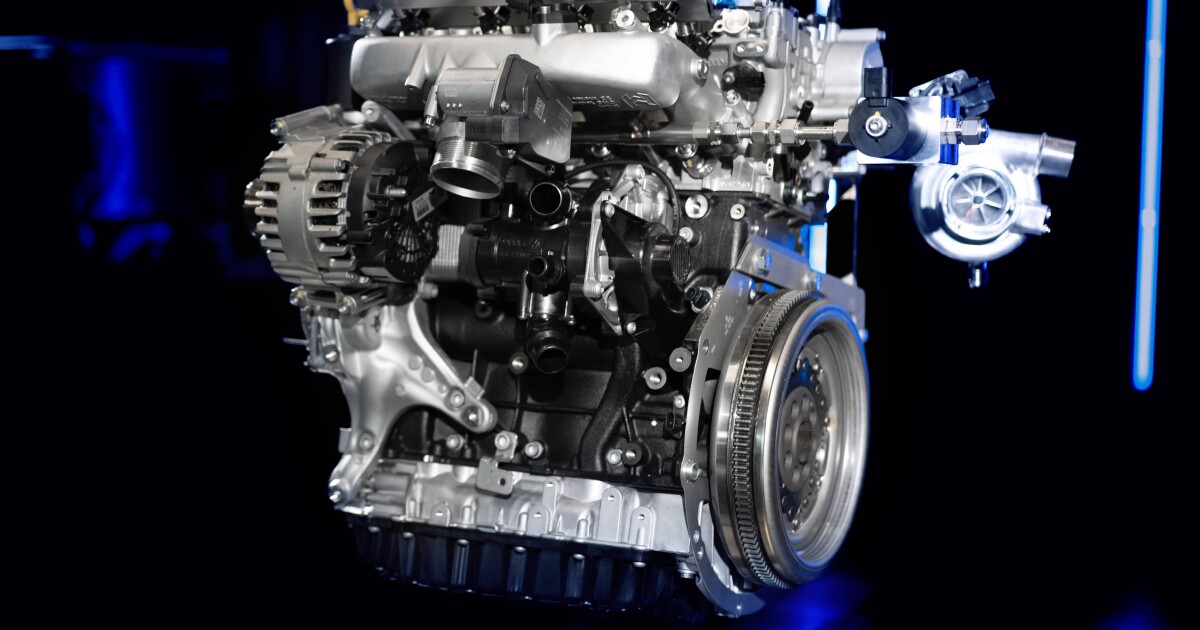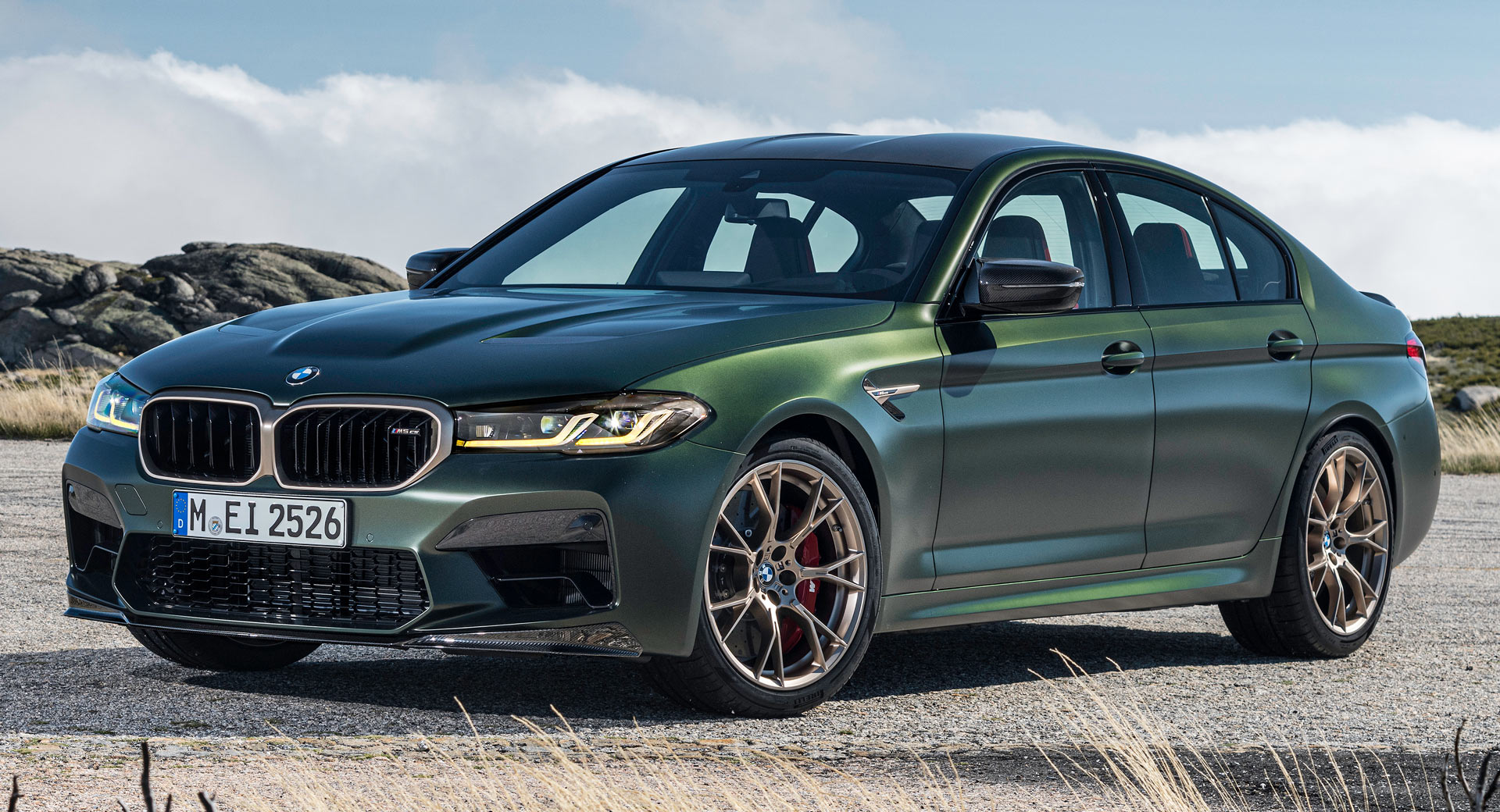I love the sound of a good tuned Engine, that be R4,6 or the mighty V8-10, 12 engines, there is just something about it that EV's just can't give you, imagine watching a F1 race with
electrical engines, it's going to be boring. Luckily the combustion engine is not dead, and we now see some of the big automakers dumb the EV's and go back to what really matters.
The Combustion Engines!!
I'm not going to touch the highly politicized climate discussions, so here it's more a what is more doable from a transportation point of view. The combustion engine is not going anywhere any day soon, Russia is pumping oil out like crazy and new oil fields are discovered all the time, maybe Europe will force its population into EV's and 15 min cities but the majority of the worlds population will still be driving around in cars and trucks powered by some sort of combustion material, I find the new "water" engine very interesting, the problem is that how will the industry make any money out of it if you just need saline water to run it?

 newatlas.com
newatlas.com
electrical engines, it's going to be boring. Luckily the combustion engine is not dead, and we now see some of the big automakers dumb the EV's and go back to what really matters.
The Combustion Engines!!
I'm not going to touch the highly politicized climate discussions, so here it's more a what is more doable from a transportation point of view. The combustion engine is not going anywhere any day soon, Russia is pumping oil out like crazy and new oil fields are discovered all the time, maybe Europe will force its population into EV's and 15 min cities but the majority of the worlds population will still be driving around in cars and trucks powered by some sort of combustion material, I find the new "water" engine very interesting, the problem is that how will the industry make any money out of it if you just need saline water to run it?

Water-injected 2.0-liter turbo-four hydrogen engine spits out 410 hp
Austrian mobility technology company AVL had a pretty good day for itself earlier this month, when it confirmed simulations that showed its prototype 2.0-liter turbo hydrogen race engine developing over 200 hp-per-liter. AVL uses a water-injection system alongside its turbocharger to moderate…


